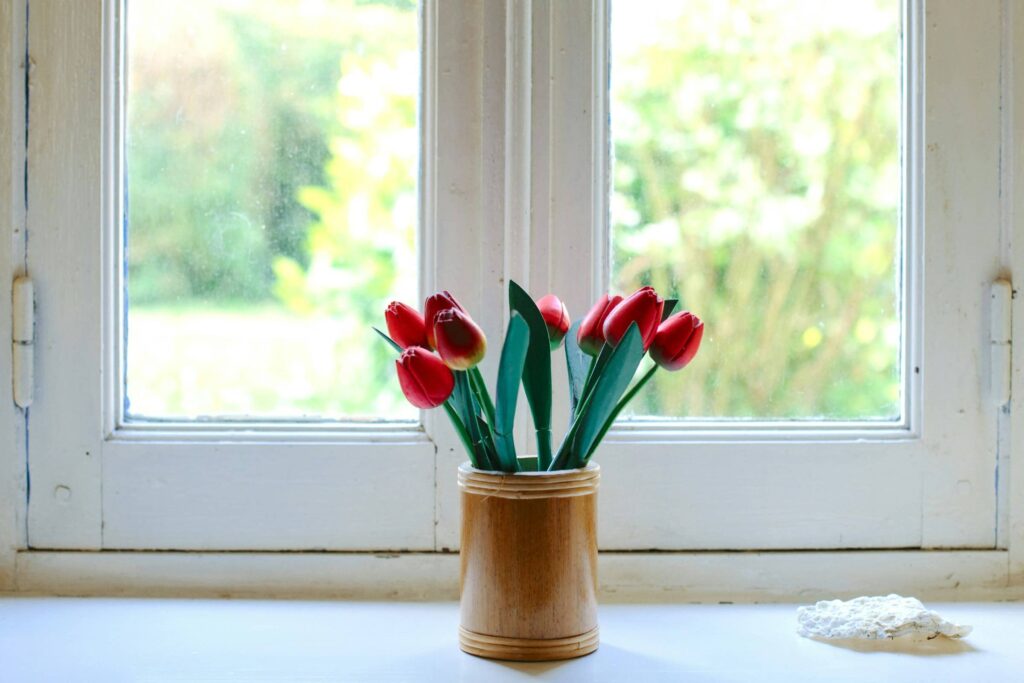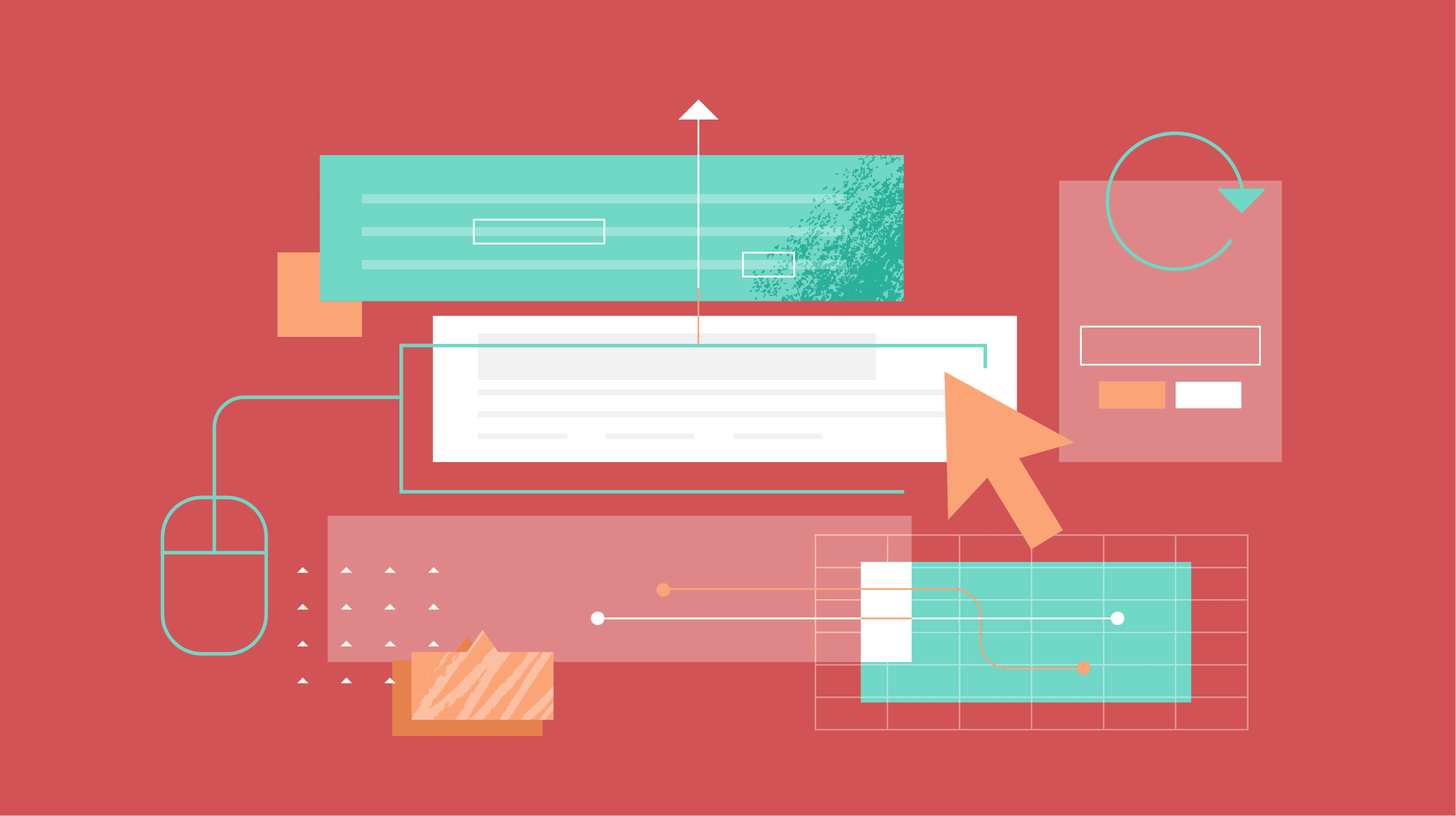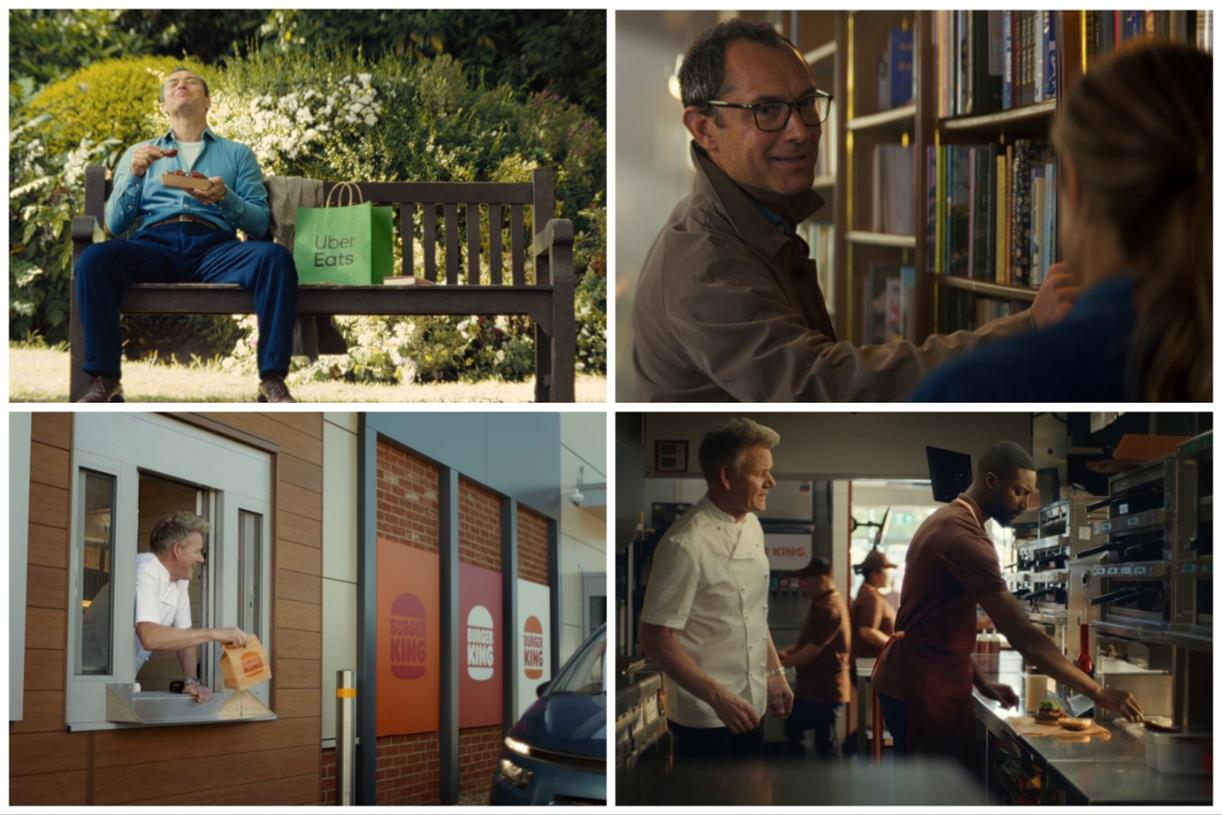The 10 Biggest Decluttering Lies
If you’ve ever felt overwhelmed by the clutter in your home, you’re not alone. Many of us start the journey to a simpler, more organized space only to find ourselves discouraged by the daunting task ahead. The road to...


If you’ve ever felt overwhelmed by the clutter in your home, you’re not alone. Many of us start the journey to a simpler, more organized space only to find ourselves discouraged by the daunting task ahead.
The road to decluttering can often seem filled with endless challenges, missteps, and discouragements that make it seem easier to just give up.
But what if some of the obstacles we face are built on misconceptions?
Let’s address and dismantle the 10 biggest decluttering lies that might be holding you back, so you can move forward with confidence and clarity.
1. Decluttering Has No End
One of the most daunting misconceptions is that decluttering is an endless task. This lie can make the process seem overwhelming and futile. In reality, while our needs and circumstances change over time, requiring periodic reassessment, decluttering does not need to be a perpetual chore.
By establishing a mindful approach to what we own and continually reassessing what brings value to our lives, we can maintain a clutter-free environment that grows and adapts with us.
2. Decluttering Has to Go Slow
Many believe that decluttering must be a slow, gradual process. While for some, taking it slow helps prevent overwhelm, this isn’t a one-size-fits-all approach. Some may find that a more rapid decluttering session can lead to quick, motivating changes that inspire further action.
The key is to understand your emotional and physical limits and choose a pace that suits your lifestyle and preferences.
3. Decluttering Decisions Should Be Easy
This lie can be particularly discouraging. If you find making decluttering decisions difficult, you’re not alone. Deciding what to keep and what to let go can be an emotional process.
Acknowledge that it’s okay to feel attached to your belongings and to struggle with these decisions. Over time, as you practice, this process will become easier.
4. You Need to Be a Minimalist to Declutter
Decluttering does not require you to live with the bare minimum. It’s about finding the right balance of items that serve your needs and make you happy.
Embrace decluttering as a way to enhance your life by removing excess, not everything.
5. Everything You Own Must Spark Joy
While Marie Kondo’s philosophy of keeping only those items that spark joy is transformative for many, it’s not the only criterion you should consider.
Functionality and necessity are also important. Sometimes, it’s perfectly fine to keep things just because they are useful.
6. You Should Never Regret Letting Something Go
Regret is a natural part of life and decluttering is no exception. It’s normal to occasionally regret a decision to part with an item.
However, these regrets are often few and far between and typically don’t outweigh the benefits and freedom that decluttering brings.
7. The More You Throw Out, the Better
Decluttering isn’t just about throwing things away—it’s about making thoughtful decisions on what to keep and what to part with.
Donating, selling, or recycling items are all part of a responsible decluttering process that respects both your belongings and the environment.
8. Decluttering is Expensive
Some think that decluttering involves buying fancy organizational tools and systems. In truth, decluttering should help reduce your need for additional items. Use what you have first before buying new storage solutions.
9. A Clean Space Equals a Decluttered Space
It’s easy to confuse cleanliness with decluttering. A clean home isn’t necessarily decluttered if closets and drawers are bursting at the seams. True decluttering involves reducing the volume of possessions, not just organizing them neatly.
10. Decluttering Is Purely Physical
While decluttering your physical space is crucial, don’t overlook the mental and emotional clutter. Simplifying your schedule, commitments, and digital life can also have profound effects on your overall well-being.
By recognizing these decluttering lies, we can approach the process with a clearer understanding and realistic expectations. Decluttering is a personal journey that should be tailored to fit your life and your values.
But regardless of how you define it, you’re paving the way for a more meaningful and tranquil existence.

 Troov
Troov 



















.jpg&h=630&w=1200&q=100&v=6e07dc5773&c=1)












